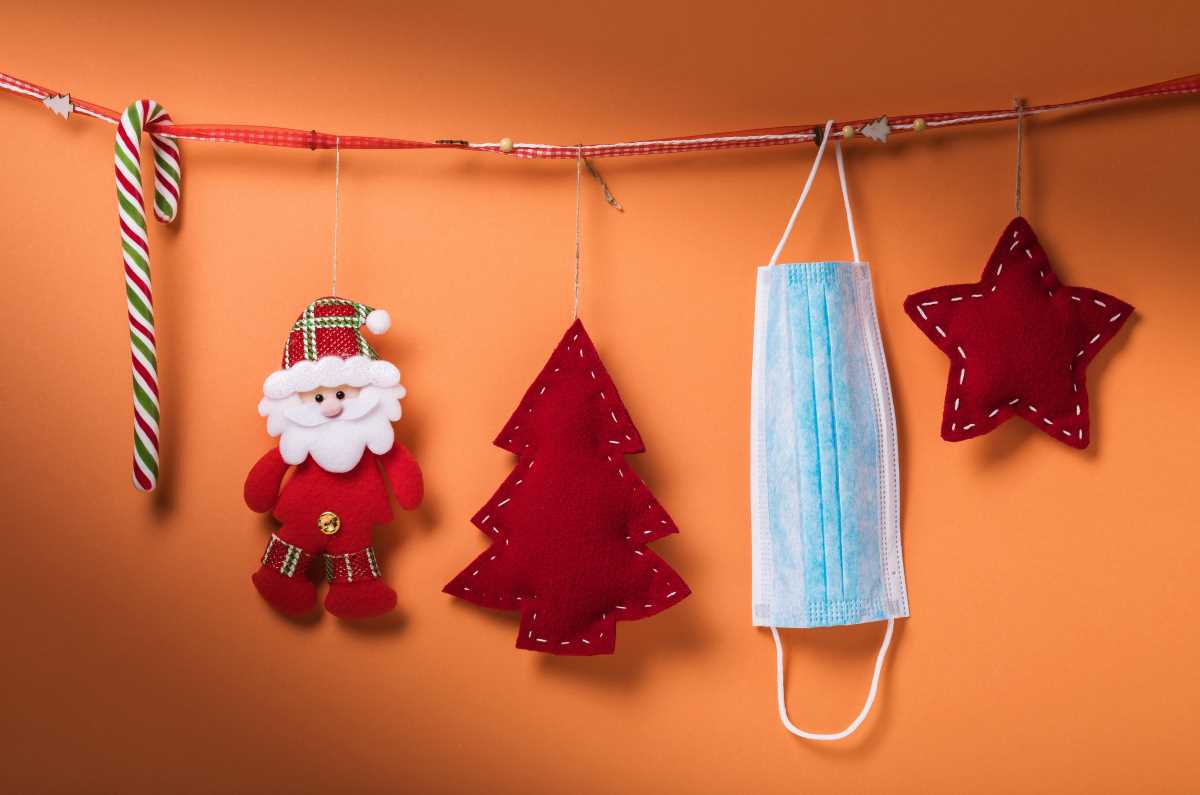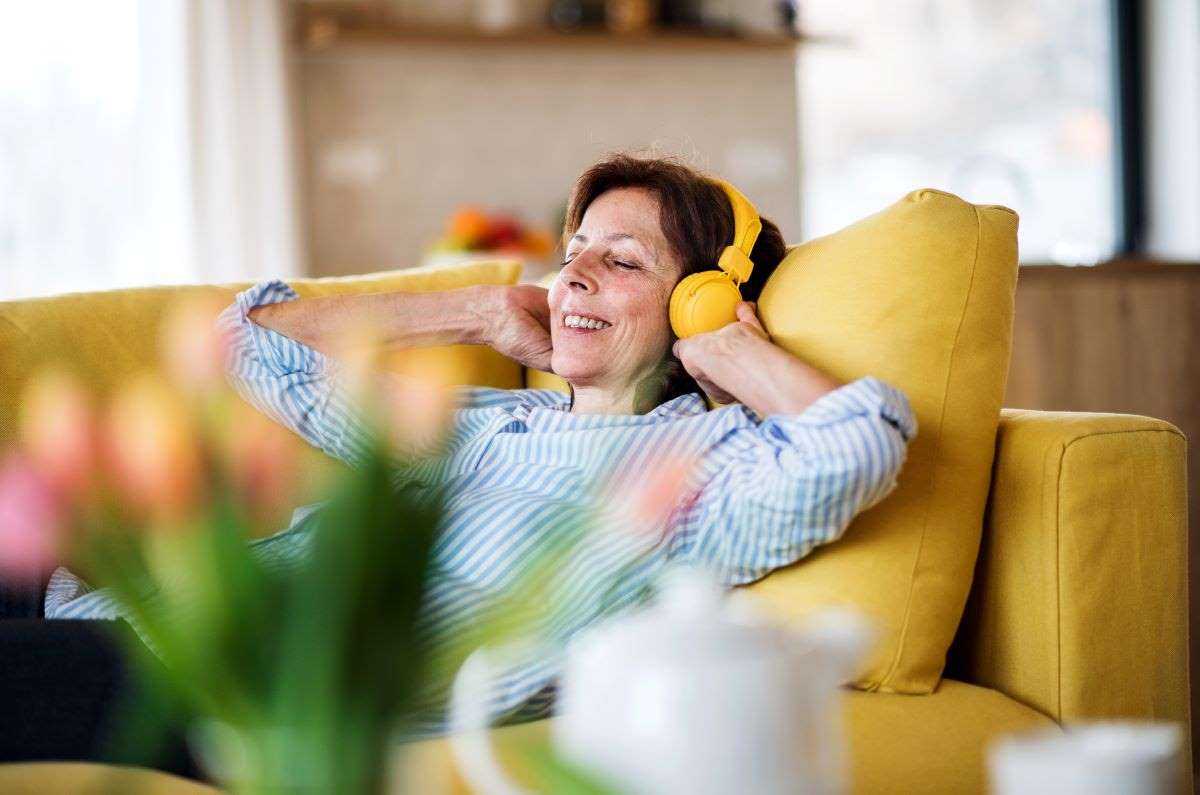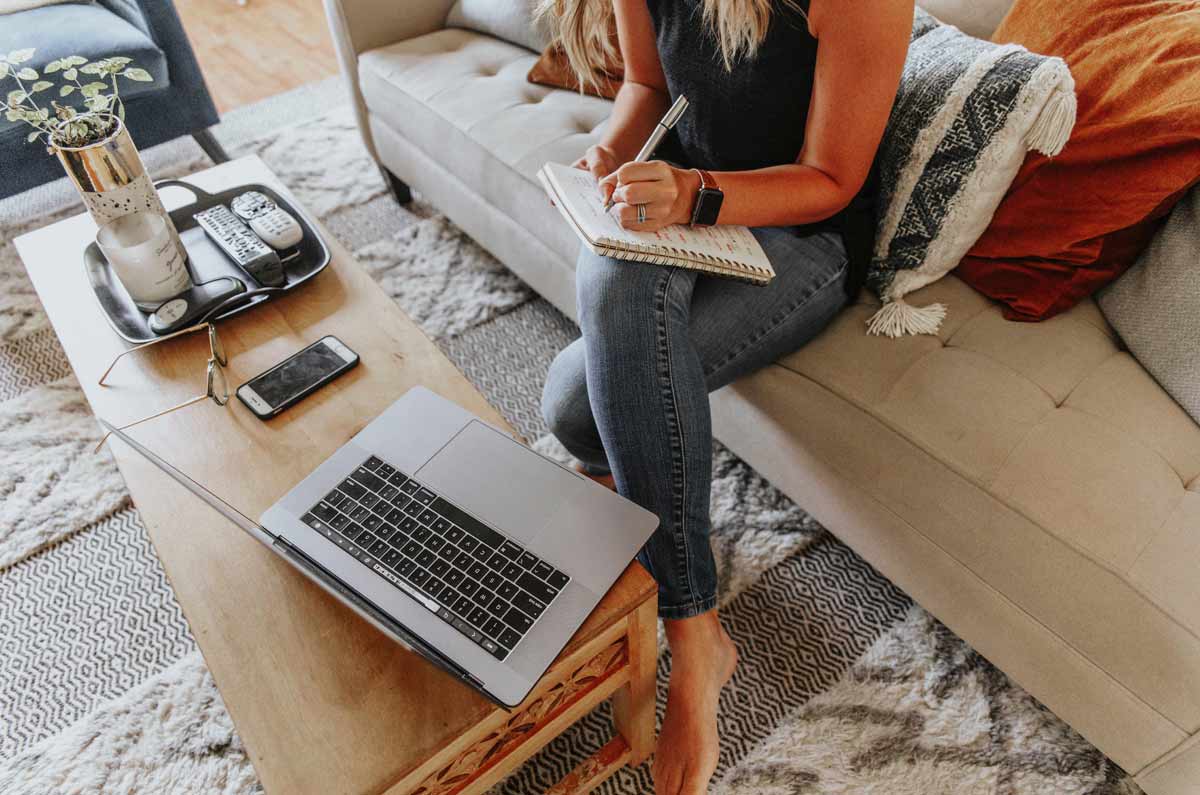I’ve just taken a week off from work. I was struggling mentally and physically, so I decided it was important to take time to pause, reflect and reconnect.
But it was really tough to do.
I think part of my problem was I felt like I needed permission to feel how I was feeling and to take a break. It felt self-indulgent to feel sad when there are people in a ‘worse’ situation than I am; who are working so hard just to make ends meet; who are facing relationship issues. How dare I feel this way? I have a loving partner, a home, a job, and wonderful family and friends. I can now move around freely outside of my 25kms and enjoy the spring weather.
I have all of these things, so I felt selfish for feeling sad and for worrying those around me.
But while catching up with friends and family last week, I found I wasn’t alone in feeling this way.
So for anyone out there who needs to hear this, it’s ok.
It’s ok to take a break or to rest. You’re not a machine. You need time to recover – physically and mentally – from the things that are affecting you. That way when you do return to what you were doing, you’ll feel refreshed and more able to deal with everything.
It’s ok to say no. We all want to please others, so saying no can be a challenge. But you need to weigh up all the things you have going on and decide whether you can take on something else. If you can’t, then say no. And don’t feel you have to apologise for doing so.
It’s ok to listen to your body. In fact it’s a necessity. Living with a chronic condition means that you need to be self-aware of how you’re feeling. If you’re tired, rest. If your back hurts, move. If you’re feeling sluggish, get some fresh air. Whatever your body is telling you, listen and take action.
It’s ok to be kind to yourself. Our inner critic can be really loud at times. If yours is giving you grief, ask yourself – would you say those things to someone you love? The answer is probably no. So quiet that inner voice by making a list of three things you like about yourself and stick it on the fridge or bathroom mirror. Remind yourself of these things regularly.
It’s ok not to be perfect. No one is, no matter how they appear on social media.
It’s ok to let go of the things that drain you. For me, that was the news. I was watching it constantly and getting more and more depressed by the state of the world, and how people treat each other. So now I read the news highlights, get more detail on the things that matter to me, and discard the rest. Think about the things that drain you (and this may include people) and if you can, let it go. Or at least limit your exposure to it.
It’s ok to put yourself first. Sometimes we need to make ourselves our top priority – whether that’s physically, mentally and/or emotionally. You’ll be more able to help others when you’ve taken time to look after yourself.
It’s ok to talk about mental health. In fact it’s really important that we do. The more we talk about mental health and how we’re feeling, the less stigma will surround it. Which will lead to more people opening up about their mental health and getting help when they need it.
It’s ok to not watch the news. Take time to unplug from the 24/7 news cycle and focus on the world around you – your family, friends and environment.
It’s ok to forgive yourself. This comes back to our inner critic. We often beat ourselves up for the smallest of mistakes. If you made a mistake – and ask yourself if you really did make a mistake or are you being super-critical of yourself – look at what you did, learn from it and then move on. Don’t keep thinking about it – it’ll only drive you crazy and make you unhappy.
It’s ok to have a messy house. Or to have a pile of laundry that needs folding. Or for the grass to need mowing. Or for pet hair to cover ever surface of your home. Sometimes things get a little untidy as we prioritise our health and wellbeing over a perfectly made bed, sparkling bathroom or fluffed-up cushions. And that’s ok.
It’s ok to not be ok and feel sad/angry/vulnerable. Your feelings are valid and they matter. However if you feel like these feelings are taking over, talk with someone. A trusted friend or family member, or a healthcare professional. While it’s ok to feel like this from time to time, you don’t want to feel like this all the time. And you don’t have to. There’s help available.
It’s ok to cry. We all have difficult days and crying can be an outlet when we feel sad, stressed, overwhelmed, scared, angry or in pain. So grab a box of tissues and let it out.
It’s ok to do more of the things that make you feel good. Love a massage? A walk on the beach? Sitting in your garden with a cup of tea and a book? Whatever it is that makes you feel good is not an indulgence, but a necessity to help you recharge your battery and make you a happier person.
It’s ok to put your phone down or away. We look at them too often anyway, so put it away for an hour, a day, a week. Be present and be mindful of the people and the world around you.
It’s ok to admit you’re struggling. And it’s ok to ask for help. It doesn’t mean you’re not a capable person. It just means that in this time and place, or for this task you need some help. And that’s fine. We all need help every now and then.
It’s ok to take your time. We don’t always have to be in a hurry. Make space to breathe and be still, meditate and be mindful.
It’s ok to not have all the answers. You’re not Google or Encyclopedia Brittanica. Saying ‘I don’t know’ is a valid and human thing to say.
It’s ok to put down your ‘to do’ list and be spontaneous. Lists can help us feel in control and organised, but sometimes it’s freeing to toss the list aside and just do something unexpected, just because you can.
So it’s really ok to sing, to dance, to walk barefoot in the park, to hug the stuffing out of your partner/kids/pets. We’re living through a global pandemic, which is affecting us in so many ways, so it’s important and very much ok to find the joy and welcome it with open arms.
And remember, it’s ok to be you.
Call our Help Line
If you have questions about things like managing your pain, your musculoskeletal condition, treatment options, COVID-19, telehealth, or accessing services be sure to call our nurses. They’re available weekdays between 9am-5pm on 1800 263 265; email (helpline@msk.org.au) or via Messenger.
Crisis support
If this article has raised some issues with you or you feel like you need help during this stressful time, there’s help available. Contact Lifeline Australia on 13 11 14 for 24 hour crisis support and suicide prevention.
More to explore
- 7 signs you’re too hard on yourself
Psychology Today - Action for happiness
- Head to Health
Australian Government Department of Health - Beyond Blue
- Feeling lots of….feelings? Journaling can help
NPR - It’s okay to be who you are – forget approval and show your true colors
Tiny Buddha

















